
NOTE: The following is content submitted to The Cooperator from a professional contributor, and reflects that contributor's opinions, experience, and expertise.
On March 22, 2020, the Hon. Lawrence K. Marks, Chief Administrative Judge of the New York State Unified Court System ordered that until further order, no papers will be accepted for filing by the county clerk or by a court in any non-essential matter. Annexed to the order is an exhibit of matters deemed essential. Notably, included under essential matters for the Supreme Court are “emergency applications related to the coronavirus.” To download a copy of the court order and exhibit please click here.
SSRGA believes that this category provides important potential relief for cooperative and condominium boards and landlords in the event a unit owner, tenant or third party acts in a way that jeopardizes the health or safety of building occupants with respect to the coronavirus. In a March 11, 2020 communication to our clients, before the COVID-19 crisis had inundated government operations, SSRGA suggested that boards and owners should consider contacting the CDC and appropriate New York City and New York State agencies in response to a coronavirus-related safety issue in a building. That is no longer feasible, given the overwhelming demands now placed on those agencies, but boards and owners now have the ability to seek emergency injunctive relief in State Supreme Court.
This judicial relief is especially meaningful given that our firm has received an enormous number of inquiries from boards and owners concerned about the health of building occupants and the potential liabilities created by individuals who refuse to follow coronavirus safety guidelines for quarantine and/or established building policies.
What should boards do if a coronavirus-positive resident fails to follow a building’s coronavirus protocols, exposing others to danger? If infected individuals are not following established quarantine protocols? If residents or tenants are gathering in groups or allowing workers, personal trainers and other non-essential visitors into their apartments? As this period of social distancing continues, it is likely that more issues will arise. In any of these situations, a board or owner may have grounds to seek an emergency order from the State Supreme Court, as contemplated by the March 22, 2020 order of the Chief Administrative Judge.
This email is not intended to suggest or promote non-emergency litigation in these extraordinary times. We have, however, received numerous inquiries about residents who are ignoring quarantine protocols and building policies, thereby potentially exposing other residents to coronavirus infection and jeopardizing lives.
This advisory is offered as a service to clients and friends of The Cooperator and SSRG LLP, and is intended as an informal summary of certain recent legislation, cases, rulings and other developments. This advisory does not constitute legal advice or a legal opinion and is not an adequate substitute for the advice of counsel.



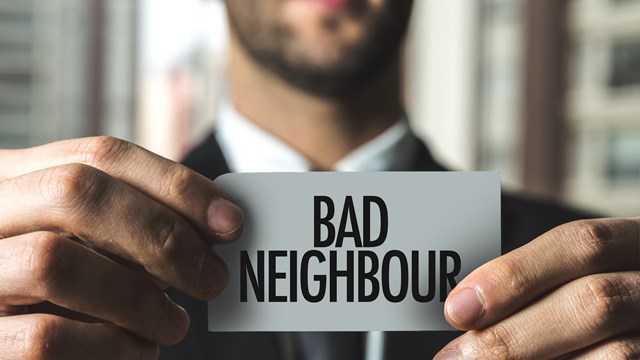
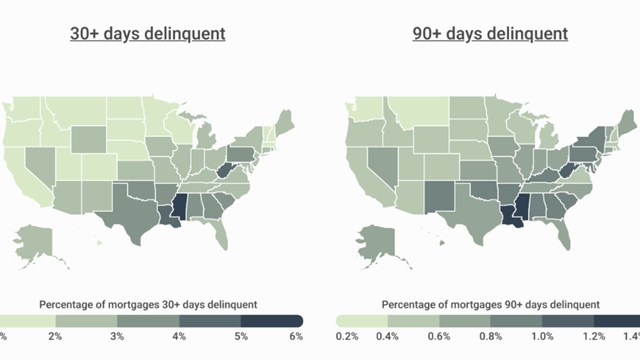
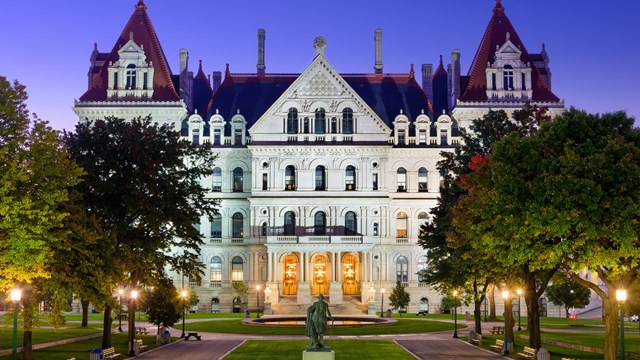
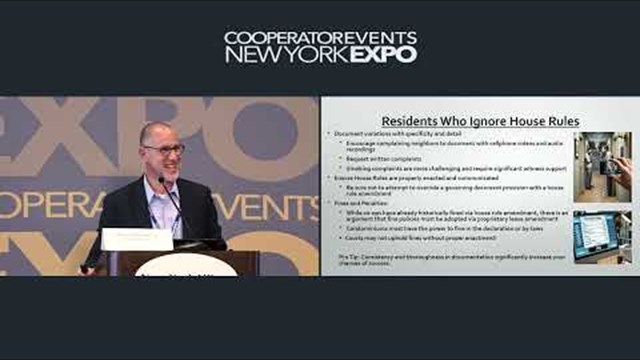
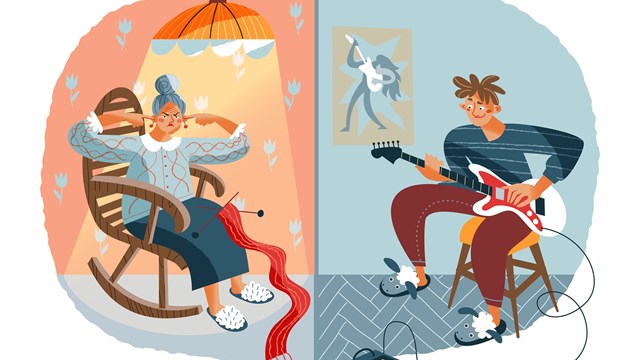

Leave a Comment